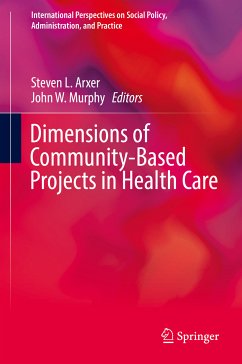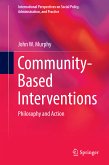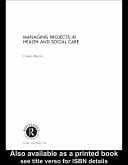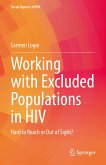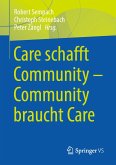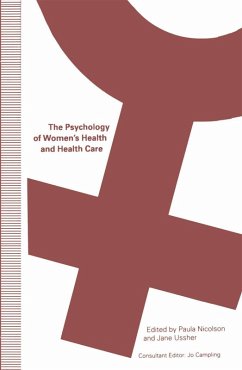Among the topics covered are:
- Narrative medicine in the context of community-based practice.
- Qualitative and participatory action research.
- Health committees as a community-based strategy.
- Dialogue, world entry, and community-based intervention.
- Politics of knowledge in community-based work.
- Training physicians with communities.
Dimensions of Community-Based Projects in Health Care challenges sociologists, social workers, and public health administrators to look beyond traditional biomedical concepts of care and naturalistic methods of research, and toward more democratic programs, planning, and policy. The partnerships described in these pages reflect a deep commitment to patients' lives, and to the future of public health.
Dieser Download kann aus rechtlichen Gründen nur mit Rechnungsadresse in A, B, BG, CY, CZ, D, DK, EW, E, FIN, F, GR, HR, H, IRL, I, LT, L, LR, M, NL, PL, P, R, S, SLO, SK ausgeliefert werden.

